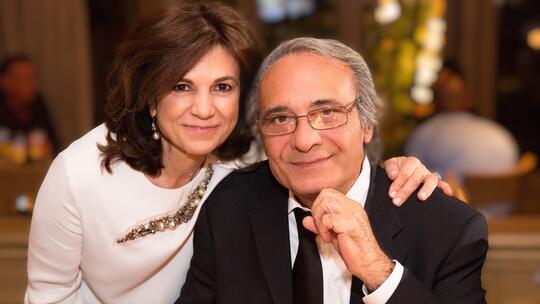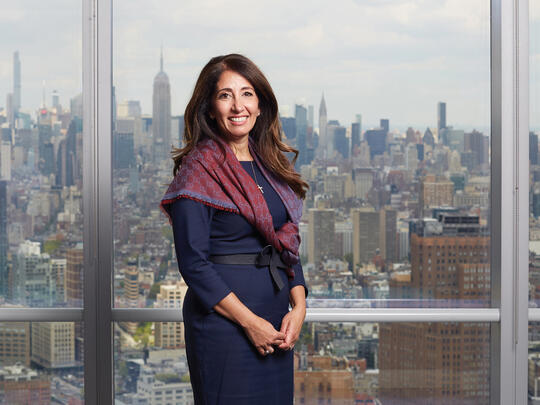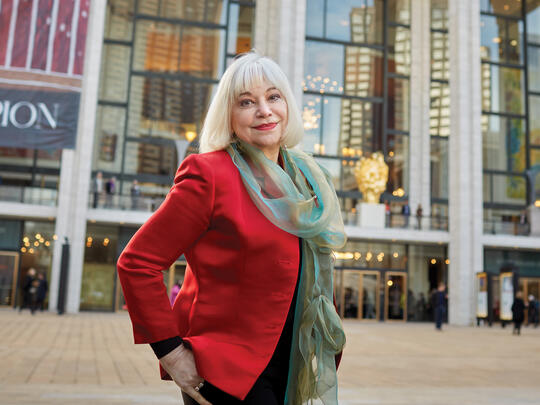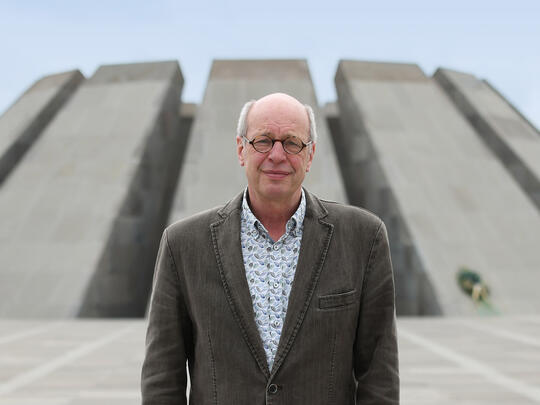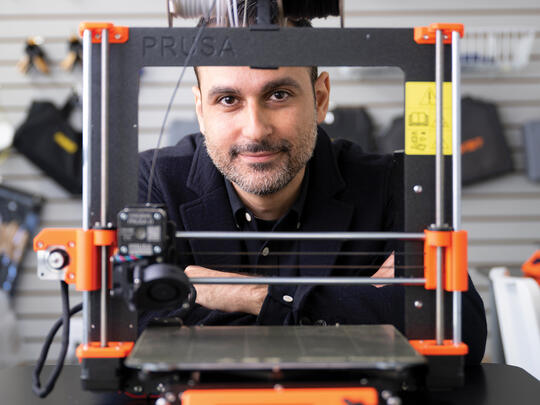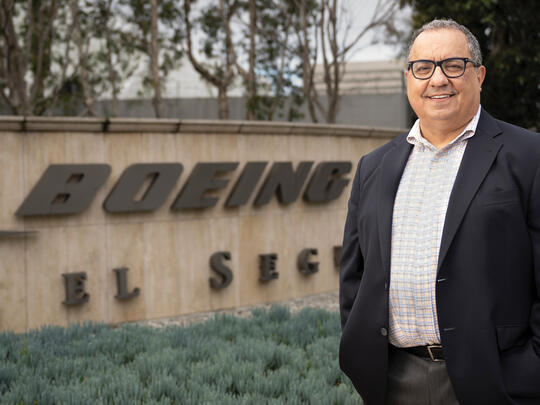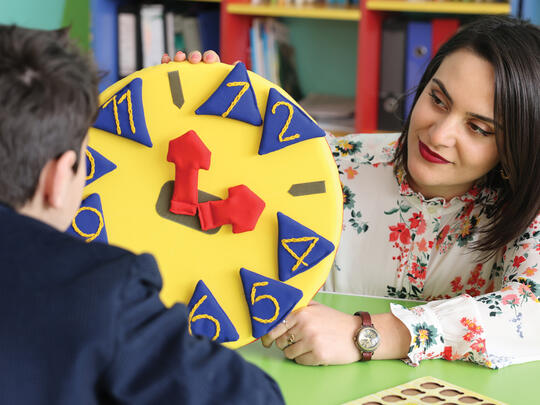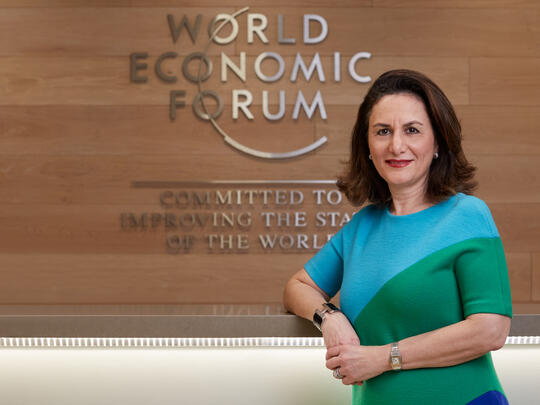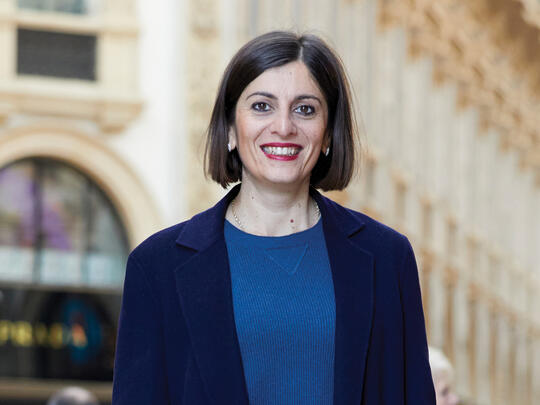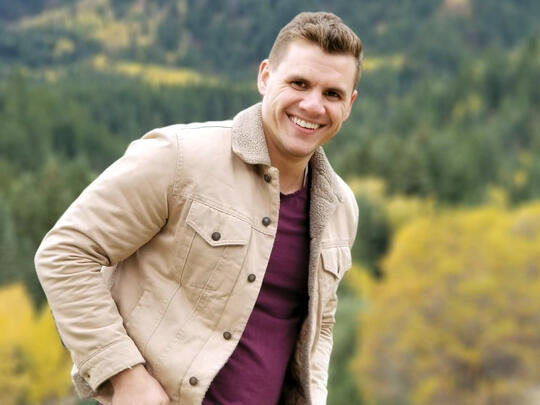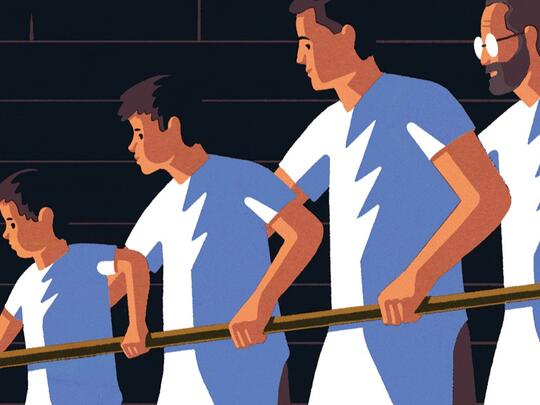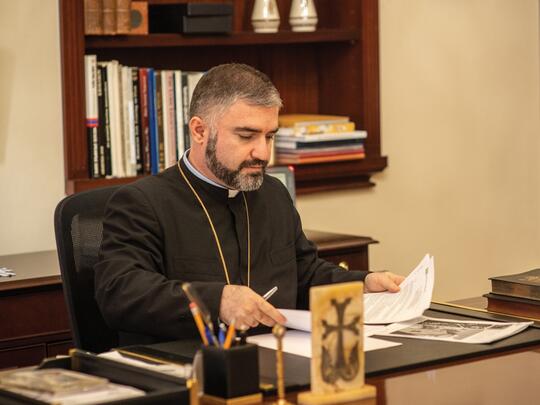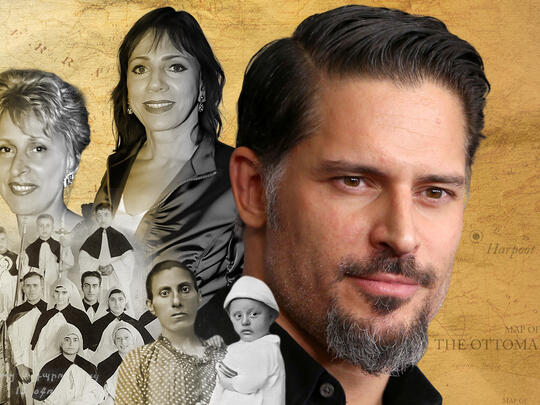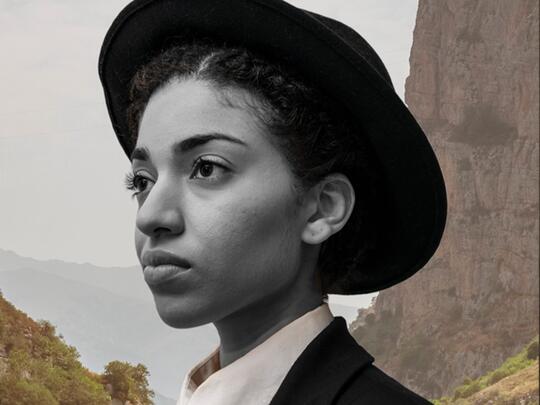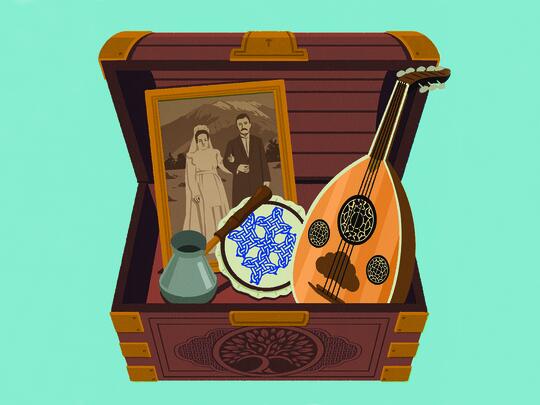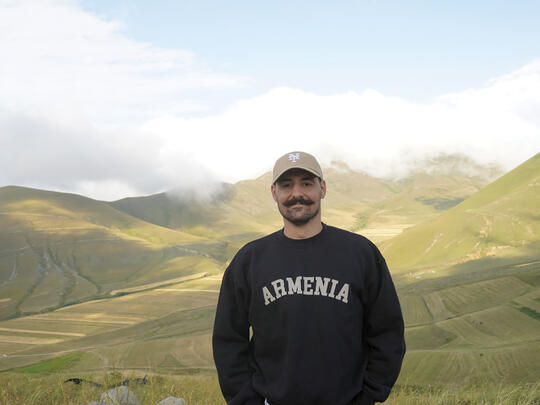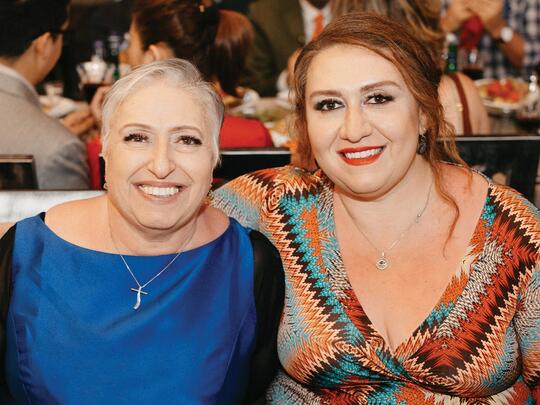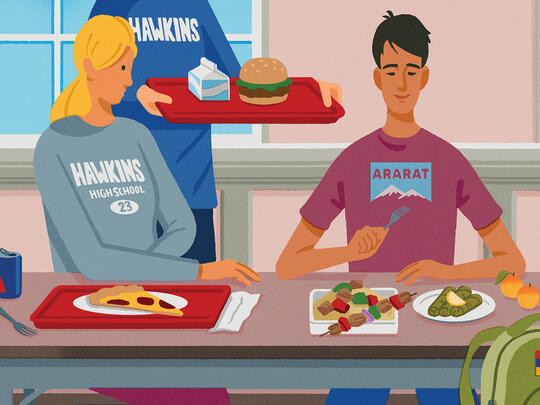The Joy of Giving is Forever
Mardo Kaprealian
Give generously; nothing else matters. It stays in your soul and provides happiness forever. Start doing it and feel it in your heart.
The roots of Mardo Kaprealian’s generosity are intrinsic: his grandfather, Mardik Keya, and father, Kapriel, both possessed benevolence that touched countless lives. As for Mardo, if his parents gave him a one pound coin for a movie ticket that cost half a pound, he would buy two tickets and invite a classmate who could not afford to attend.
Mardik Keya, which translates from Kurmanji Kurdish to “Mardik the Village Leader,” was a living example to Mardo during childhood. The Kaprealians hailed from Palou (central eastern Turkey). Though Mardik Keya sailed to America and found financial success by opening a factory, he would shut it all down and return home in 1910 to be with his dying wife. He survived the Armenian Genocide and immigrated to Aleppo, Syria, around 1920 with a collective caravan, where Kapriel was born en route.
The group settled in Zeitoun Camp, where Mardo was born years later. He remembers that the house had a dirt floor and very little else, but when he was a child, the family moved to an apartment in Aleppo proper. His parents always danced and played music in the house; in fact, Kapriel taught all the traditional dances of Palou at schools.
AGBU entered Mardo’s life in seventh grade when he enrolled at the AGBU Lazar Najarian-Calouste Gulbenkian School. He played AGBU soccer for one year, but his mother, Markrit, preferred him to take up an instrument. Excelling at the trumpet, he played it at the school’s flag raising ceremony every morning for three years.
At LNCG, Mardo also met his wife, Seta Beshlian, whom he somehow knew would one day be his wife. Again at his mother’s urging, he applied to US colleges, and was accepted to the College of San Mateo in Northern California. All the while, he exchanged letters with Seta, and went to Beirut briefly in 1972 to marry her. They raised two children in the Bay Area–Tania and Hryer.
Earning a degree in structural engineering, Mardo worked at an Exxon refinery for a while. But he would always remember what Mardik Keya would say: “A bad business is better than a good job,” so he started his own firm. After solving a costly water pumping and diversion issue on a Mobil Oil project at a nominal expense, he became accustomed to 16-hour workdays, and the scope and size of his company grew exponentially.
He and Seta did their best to instill the Armenian culture in Tania and Hryer, but their exposure to fellow young Armenians was limited. Their parents suggested they apply for AGBU NYSIP (now known as the AGBU Global Leadership Program) during their college years, and they both thrived professionally and grew closer to their heritage during these summers. As time passed, his children moved to Los Angeles, and in 2014, he and Seta retired there.
He is particularly generous to AGBU, not only because LNCG is his alma mater, but also because he received a full scholarship for his third year of college. He was allowed to work only 20 hours per week, at a 90 cents hourly wage. “We have to pay back the organizations that helped us, so that they can continue to help others,” remarks Mardo. Starting with an endowment fund for AUA scholarships, Mardo has since given substantial funds to the LNCG School, as well as the AGBU Claudia Nazarian Polyclinic for Syrian-Armenians in Yerevan, and other projects.
His advice to the next generation is never forget your past, whether good or bad; always remember your Armenian roots; and feel the joy of giving, which he feels surpasses any joy one may experience. “Give generously; nothing else matters. It stays in your soul and provides happiness forever. Start doing it and feel it in your heart,” says Mardo.

